For people of color in the Columbia River Basin, the simple act of taking a hike or casting a fishing line into the water can be weighted with danger
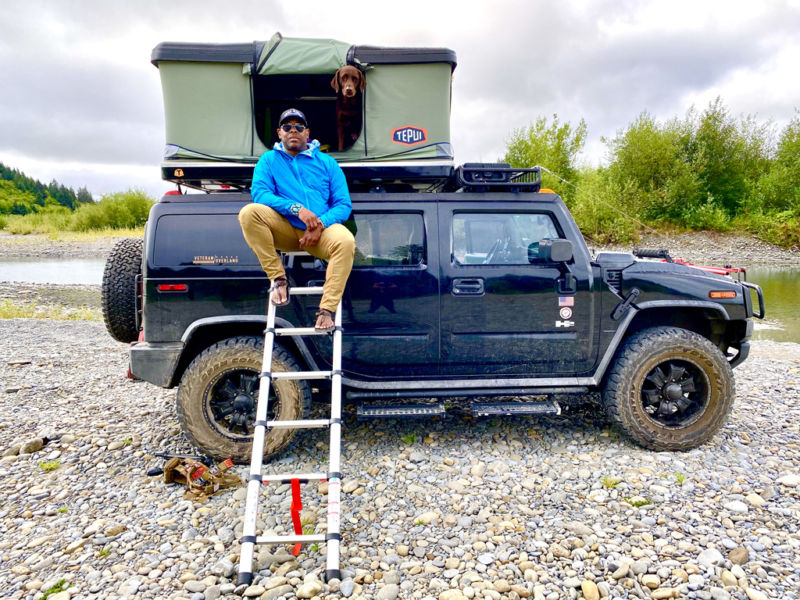
At ease: The author finds a moment of peace in the outdoors. It isn’t always this simple. Photo by Chad Brown
By Chad Brown. August 10, 2020. A few years ago on Veterans Day I was fishing where the Deschutes runs into the Columbia River. I was fly-fishing with a buddy, another person of color. It was a perfect day; a day to unwind and chase trout.
I pulled up in my truck behind a vehicle, the only one parked off the road. We donned our gear and started to approach the river. We passed two white anglers and said “Hello.”
They did not respond. So, we carried on with our day. When we were done, we returned to my truck, which was now the only one parked off the road, and saw that while we were fishing my tires had been slashed and my brake lines yanked out.
On social media, I have been publicly accused of “taking” fly-fishing from white people. Once I went fly-fishing with a very good friend of mine on the Clackamas River. He and his wife had made a significant donation to Soul River Inc., the nonprofit organization I founded that brings together urban youth of color with military veterans as life coaches. We took a picture together and I posted it on Facebook. That’s when I got attacked with pure hate on social media. (See Facebook post below.) In a way, it caught me off guard but did not really surprise me. This comes with being black in America.
I was once given a warning shot to get out of the water when I was fly-fishing on the Sandy River. I’ve received threatening phone calls and told I’d be drowned the next time I tried to fish.
Spirit of inclusion
There is a mentality among some white folk that denies racism in the outdoors exits. This mentality suggests that, “If I don’t experience it, it must not exist.” They also think, “That sort of thing happens in other places, not here in the Pacific Northwest.”
This mentality discounts and denies my experiences along with the experiences of many other people of color.

Social injustice: Even positive contributions can be met with racist replies. Courtesy of Chad Brown
Nature is free for people to enjoy, explore and roam in; it’s free to find solace and peace in nature. But nature is not free for me and many POC the way it is for white people.
I wish I could feel completely at ease when I’m in the outdoors. I wish I could simply enjoy nature and find healing instead of worrying about my safety—especially when I’m outdoors alone.
I still feel I have to earn my right to enjoy the outdoors and struggle to find access that doesn’t leave me feeling uncomfortable in wild spaces.
We are dealing with a boiling pot of water that has passed its boiling point. It’s been boiling for hundreds of years and has never found a cooling point. Racism in America has always been part of the lives of POC and central to our struggle for survival. Its existence and narrative has repeated itself over and over.
I strongly believe that community is what is lacking and what this community needs is love. Loving one another is what we have done very little of over hundreds of years and the act of love has never really been put in the highest of place in our society.
If we learned to show up for one another with love, in the spirit of inclusion for everyone, we would have a different society today.
The climate we have today in the United States of America is offering us all a moment to pause and listen to the unheard voices of America … if we choose to listen. These are voices of indigenous women missing and murdered on their own land; indigenous tribes fighting for their water rights (and losing); Latinos facing the challenges of maintaining their identity and making a living often through low-paying jobs; African Americans asking for equality and justice while seeing black men and women getting killed by merciless cops all over this country.
I am a black man living in Oregon, and the reality is that because my skin color makes me a constant target, at any moment I could easily end up like George Floyd.
Imagine being a visible target every time you step outside. You could be judged, spat on and called “nigger.” You could walk into a store or office and be falsely accused of a crime. You’re subject to traffic stops simply for being in the “wrong” neighborhood, and then harassed by the cops.
Systemic racism did not start when George Floyd was murdered. It started hundreds of years ago when this country was formed.
Just as people of color were not included in the decision-making process then, they are not included today. Indigenous communities and all people of color need to be heard and listened to when it comes to outdoor recreation, policy-making and nature conservancy.
A stronger outdoor community
Today is our opportunity to create alliances and new friends and to learn from one another to build better and safer communities—both in the urban and outdoor worlds. This is our opportunity to dismantle racism and lean into creating communities with strength that will support our youth for tomorrow.
This is our opportunity to invite POC into the decision-making process. This is an opportunity to start listening and to step in to help change the narrative of many years, to dismantle hate, ignorance and bigotry and allow equal opportunity to create a safe space for POC and all. This is an opportunity to show up with love as a warrior not as a friend.
The love I am referring to is the love ethos of a warrior—the strength of a bear and the fight of a lion. It’s the embodiment of the human spirit, a willingness to sacrifice one’s life or time for another human being. This love is what it will take to bust down the force of hate, ignorance, bigotry and racism! This love is what makes warriors and what makes community. Love is King.
White folks have the choice to not participate and remain silent. White privilege provides an option to not fight for what is right.
But white people also have the choice to lean into their privilege and use it to build a bridge to stronger communities, to make all humans a race of one.
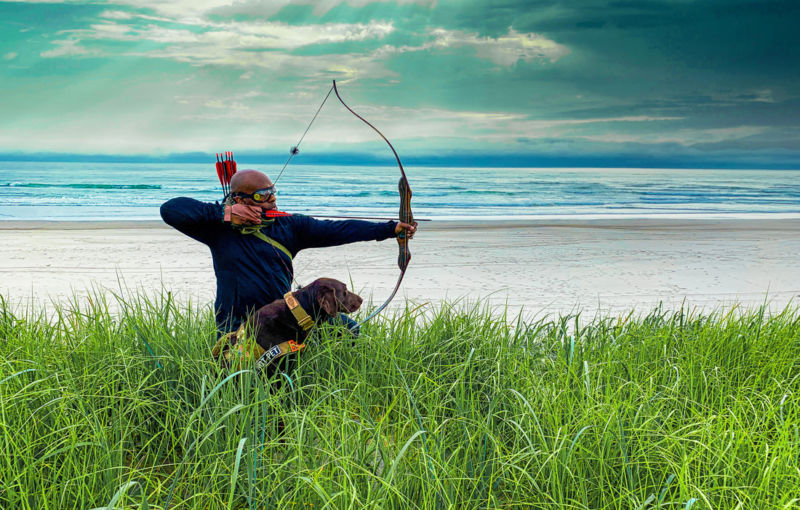
Lofty aim: Navy veteran Brown began acquiring outdoor skills growing up in Texas. Through the nonprofit Soul River he’s passing his knowledge to a new generation of outdoor enthusiasts. Photo by Chad Brown
Our nation is crippled. Our local communities are disoriented and losing focus. Despite the noise outside, voices of racial and gender diversity are still not truly being heard. We are facing darkness together and the one light we have is our love, which will lead us on a freedom path of justice and equality for everyone—and most of all provide safety in the urban world and safety in the outdoor world.
It’s easy to point the finger and charge forward with hate. Where is our love for one another?
Loving one another requires a deep strength and maturity of the mind. Loving one another requires a sacrifice of self to rise for others who can’t speak for themselves, who can’t fend for themselves.
To love is to put yourself second or third to your brother’s or sister’s safety, fairness and well being. This does not mean you put yourself out; this means you are willing to walk with your brothers and sisters the distance it takes to change the narrative. Love is King.
When I served in the U.S. Navy, I served with men and women who were there for each other for the good and the bad regardless of skin color and other differences.
We need equality. We need to be heard. We need a leader who hears the voices of pain. We need true allies and true action to make change.
BLACK LIVES MATTER.
Chad Brown grew up hunting in rural Texas and served in the U.S Navy doing tours in Desert Storm/Shield in Kuwait and Operation Restore Hope in Somalia. Today he’s an accomplished documentary, stylized portrait and adventure photographer, creative director, conservationist and founder/president of Portland-based nonprofit Soul River Inc. Soul River merges urban youth of color with military veterans as life coaches in the great outdoors.
Publisher’s note: After discussion with the author, and following his preference, we have decided to make an exception in this story to Columbia Insight’s policy against the use of racial slurs or racially insensitive language. As Chad noted: “It takes two seconds to read and if that two seconds makes a reader feel uncomfortable then imagine how uncomfortable it is being black in America and the fear that accompanies being outdoors.”

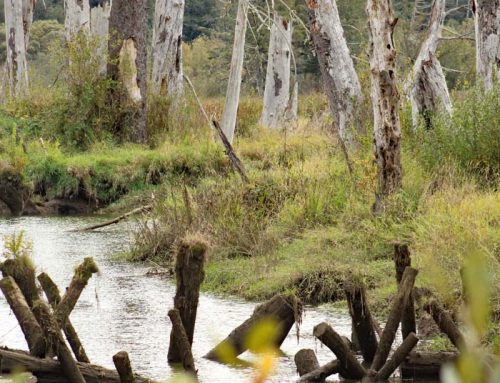
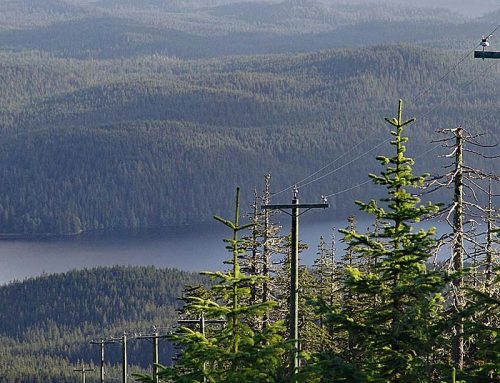
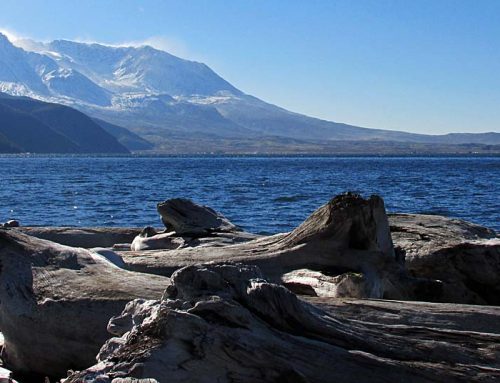
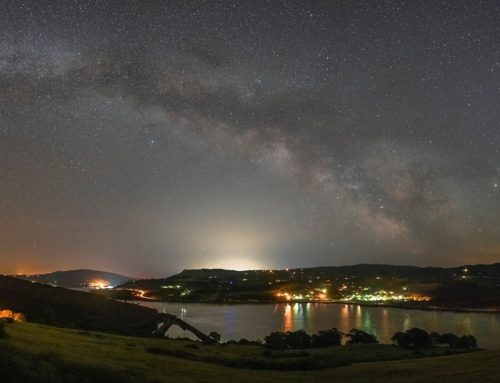
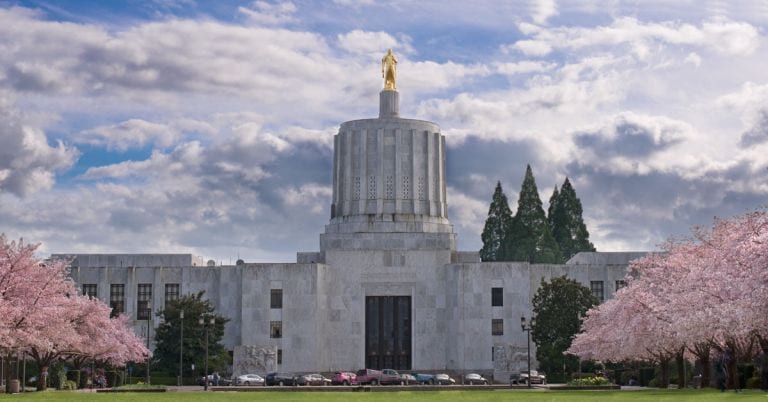
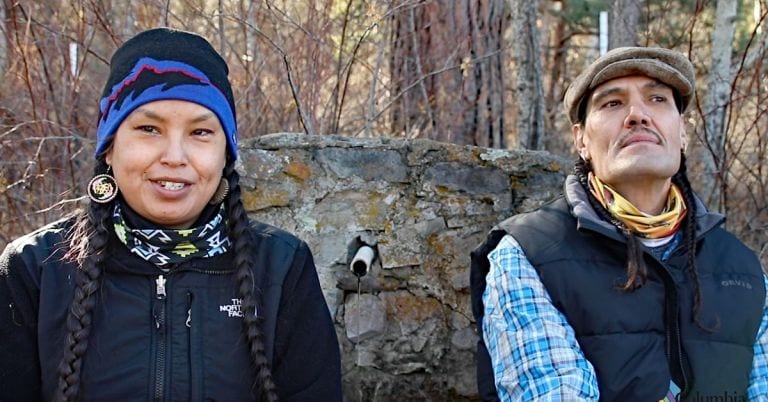
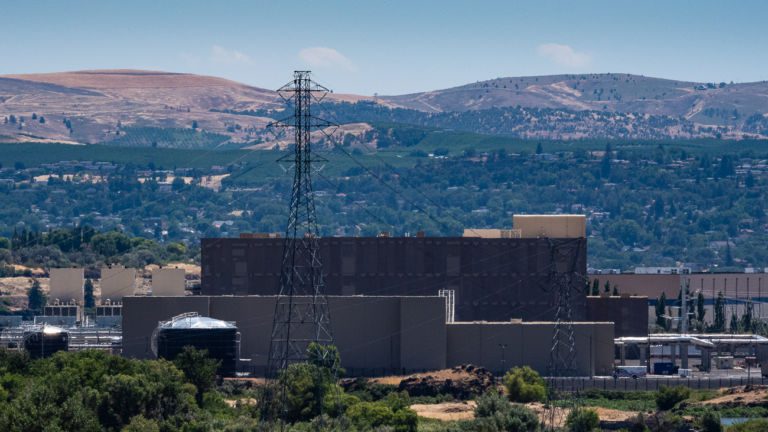
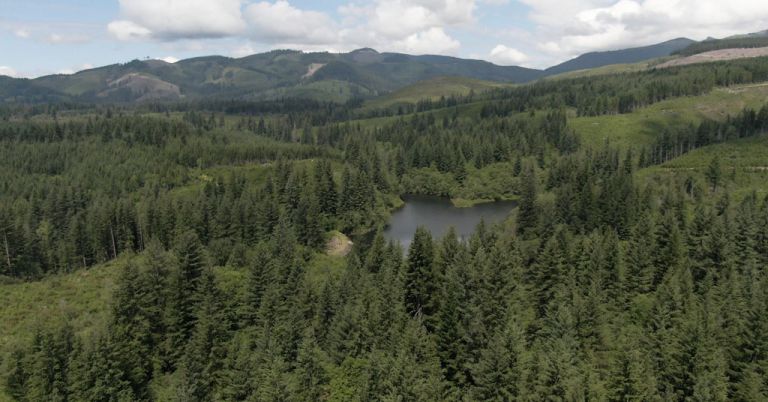


Thank you for sharing this story. BLM.
Thank you, Chad, for being as strong and resilient as you are. I am not sure I could be as magnanimous as you if I faced the ugliness you have experienced. BLM.
You da man, Chad. I commend you for your strength and for speaking up.
Two favorite quotes of mine:
(Similar to what you said:) Racism exists. People are getting hurt. Just because it’s not happening to you doesn’t mean it’s not happening. –Trevor Noah, Born a Crime,
Privilege isn’t about what you’ve gone through. It’s about what you haven’t had to go through. –Social activist Janaya Khan, co-founder of Black Lives Matter – Toronto
Thank you for sharing your horrendous experiences. We have a long road to tow but we are working on change.
Beautiful piece, Chad. We all need to listen, to hear, and to be part of truly becoming a united country.
Well written!!
It also needs to be heard!!
It is so much more challenging to hear these words and not respond.
Please keep it up for as long as you have the heart and energy to do so.
It WILL make a difference!!
Thank you!!
Powerful. Thank you for being the voice we need to hear.
Wonderful article. Thank you for sharing.
Chad,
We are grateful to have you on the Board of Directors of the National Wildlife Refuge Association.
Thank you for the great work that you do to introduce our next generation of environmental stewards to the great outdoors.
Hi Chad
My name is Martin Howard and own property on the White River in Oregon. I would love for you to come out and dish in peace! I would like to help with your non profit, I am not a vet but I have a boat, own a fishing, cabin and willing to help.
Thanks Martin Howard
503-481-8435
Thank you for writing this. I stand with you, not just as a member of the fraternity of outdoorsmen and women, but as a white person who is sick and tired of racists and their growing sense of entitlement to hate. I’d like to think they are a minority among us, but I’m not stupid – I know that’s incredibly hard to measure. It’s time for the rest of us to stand up, speak out and make it loud and clear that it is BIGOTRY that isn’t welcome in the outdoors.
I have a hard time grasping this? I’m not denying or down playing this in any form but other than never having been called the “N” word, I have experienced almost the exact things you have, and I am very white. I’ve been threatened with physical violence because I was fishing in someone’s spot on a secluded piece of water, had someone take up target practice into the water very near me, had my truck vandalized, I could go on… I cant speak of your experiences because I wasn’t there and have never walked in your shoes but I attributed mine to Ass Holes most likely locals not liking outsiders. I fish quite often with a friend of color and haven’t had any bad encounters. I dont for a minute think this doesn’t happen but in this age of the internet, any incidents need to be posted asap in local forums so they can be handled immediately and those guilty exposed within the fishing community. During the Gulf Wars I was very active with wounded warriors at JBLM that wanted to learn about salmon and steelhead fishing and would take them out on rivers to teach them basics. Wonder if they have experienced what you have?
Powerful article. Thank you.
Thank you for another well-written article. I am a Person of Colour who fishes. My experiences of harassment have not been as extreme as your violent ones, but I think racism around fishing is a widespread problem. Particularly on internet fishing forums. That’s a virtual wilderness that I have a sense of intimidation about. Nowadays, though, the internet is a resource, it shouldn’t be the experience of some fishers that it is a fearful place. Or one that they decide consciously not to enter, in order not to be subject to the racism there. I’m specifically talking about fishing forums in my country, the U.K. After a recent experience of racism and islamophobia on a site called flyfishing.co.uk I am considering if it is worth it, for me, to continue using such sites to get information about fishing.
Fishing is for everyone and anyone! The good, the bad, and the ugly. When I’m out, I see all kinds of fishermen and women. It’s always a “did-ja catch anything?” That’s it.
If you think there is barriers to fishing, then look at the facts! Boys and Girls need Father figures and male role models to take them out and introduce them to fishing. Stop racism in everything! All Lives Matter, period.
Damn Adam, have you learned nothing from the past several years (decades/centuries) of discussions about racial and gender injustices and inequalities?!? Hate to break it to you, but you have missed the entire point if you’re going to be so ignorant as to post “All Lives Matter” on an article like this.
Not to mention your assumptions that “Father figures and male role models” are the ones who teach about fishing. Women have always fished and taught.
Thanks for sharing this. I cannot stomach such behavior but know it is around and due to Trump the moron’s have surfaced with no remorse. Our country is going backwards in so many ways and I am very afraid of what lies in the future. These are dark times with the racist, homophobic, anti-Semitic mindset feeling emboldened but in many ways I wish they would crawl back under the rocks that they came from. Wish there was something I could do but really feel there is no reasoning with people that judge solely on demographic’s and negative stereotypes as it is like pissing in the wind. Believe me I have tried. Have let go of many of my fishing friends due to their narrow minded beliefs and the fact that they now feel free to share their point of view. Wish things could be better for our country but see no solution.